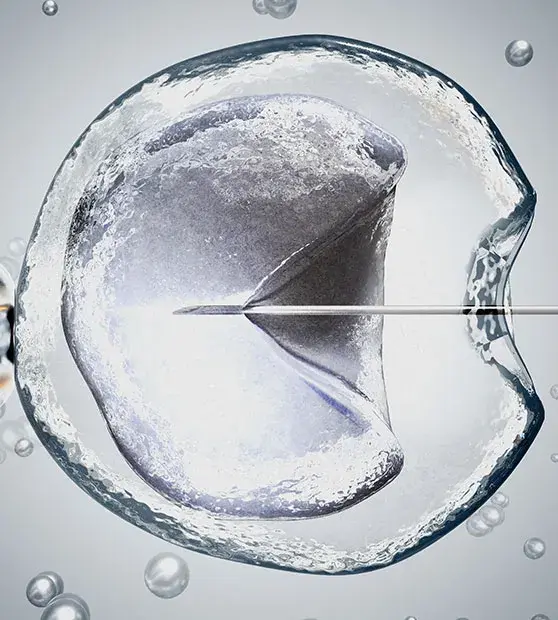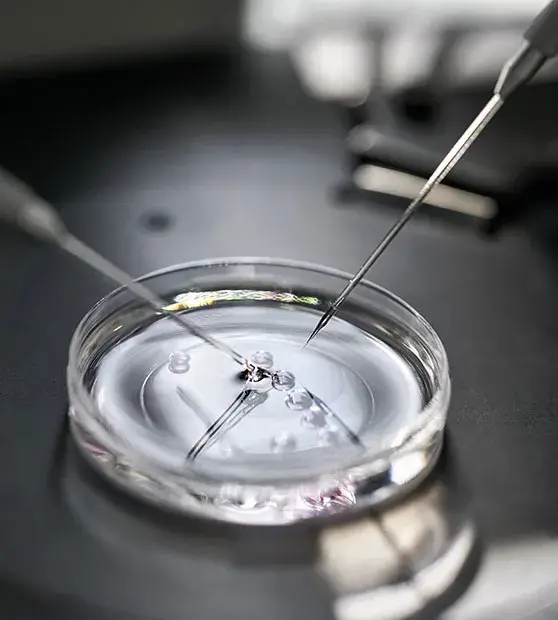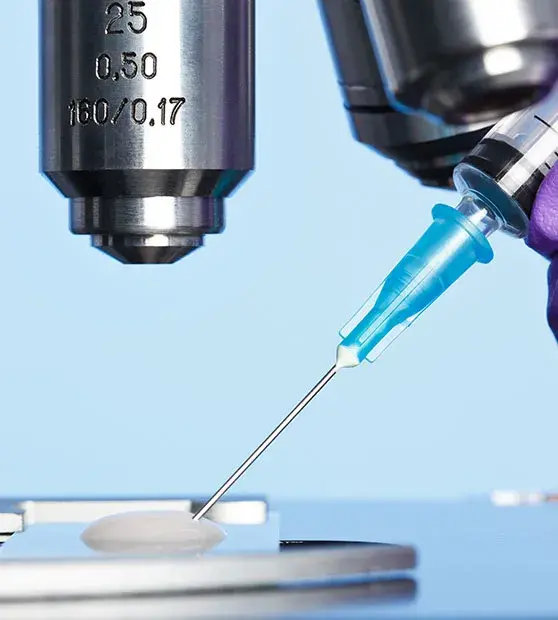Obesity
Obesity refers to a condition of being overweight with excessive fat accumulation in the body. It is a serious medical condition and increases risk of health problems, including high blood pressure, diabetes mellitus, heart disease, stroke, arthritis, and many others.
What are the symptoms of obesity?
Obesity may not cause any symptoms initially but over a period as complications start developing, the symptoms start appearing depending on the complications e.g., dry mouth and feeling weak with Diabetes mellitus. A Body Mass Index at or over 25 is overweight and of 30 or higher is obese.
What are the causes of obesity?
Obesity is a complex health condition that involves combination of causes, and they are:
- Consuming excess calories and overeating: Excess eating, especially a fat-rich diet, often results in weight gain.
- Living a sedentary lifestyle: Lack of physical activity contributes to obesity. Desk jobs, no or little physical activity, availability of modern amenities like washing machines, dishwashers, etc. have made people less active.
- Lack of sleep: Less sleep increases the risk of obesity.
- Genetics: Genes play an important role in development of obesity. Specific genetic traits inherited from parents may be responsible for obesity and in these cases, it becomes more difficult to lose weight.
- Medications: Various medications, including antidepressants, diabetes medications, etc., may cause obesity.
How does obesity affect pregnancy?
Excess weight and body fat makes it difficult to get pregnant. Obesity often results in irregular menstrual cycles and infrequent ovulation. Obese women with regular menstrual cycles can also experience lower pregnancy rates.Obesity can lead to excessive oestrogen activity which can make lining of the womb (endometrium) unsuitable for pregnancy to settle. Hence, it is essential to consult with a fertility specialist to identify disorders associated with obesity that can affect chances of pregnancy.
How does obesity affect fertility in men?
Obesity plays a role in hormonal changes crucial for reproduction in men. Obese men often report low sperm counts and low sperm motility than normal-weight men.
What can be done to increase fertility in obese men and women?
Obesity can reduce a couple’s chances of getting pregnant as described above. Obesity can also increase the risk of complications during pregnancy and childbirth. In addition to seeking advice from a fertility specialist, a couple should also seek pre-pregnancy counseling regarding reducing risks to pregnancy and childbirth.
Regular exercise with a healthy diet is an effective way for weight loss. These help to restore ovulation, increase chance of conceiving and lowers the rate of miscarriage in obese infertile women. Besides, bariatric surgery may be rarely advised for obese women having a BMI >40. After surgery, significant improvement can be expected in obesity-related problems , including irregular periods and infertility.
A multidisciplinary approach to weight management can help to handle this condition.Initial assessment of infertility and body mass index, importance of lifestyle change, education about proper diet, exercise and behavior modification are part of this strategy. A more holistic approach to obesity and reproductive health may help increase the chance of conception.
The Takeaway
A BMI over 25 is defined as overweight and over 30 is defined as obesity. Poor dietary habits and lack of exercise can easily lead to obesity. Obese women and men are at high risk of infertility as well as other serious health conditions. Change in lifestyle, improved diet and exercise can lead to better reproductive health and chances of conceiving.
At ART fertility clinics our experienced doctors will guide you to better health and will offer you most suitable and safe fertility treatments to improve your chances of having a healthy baby.





